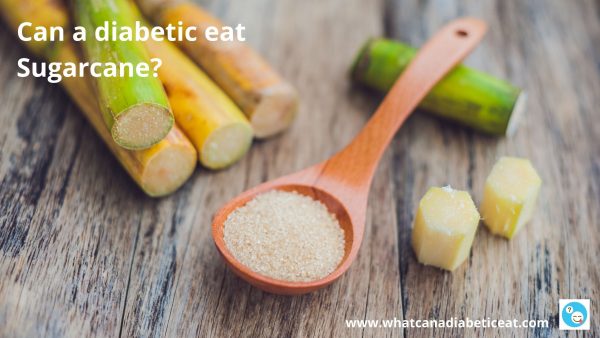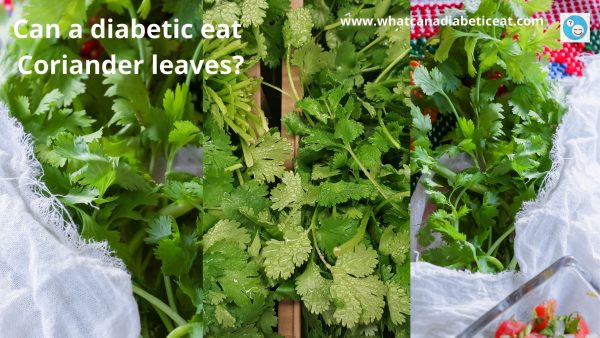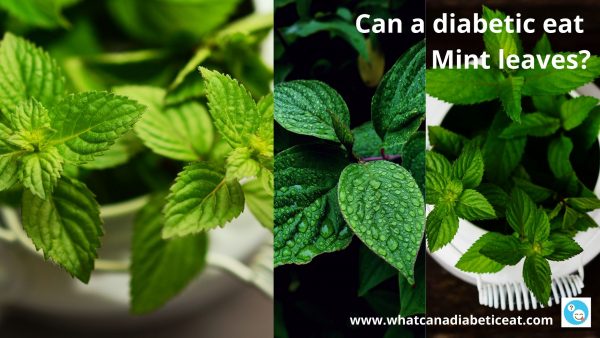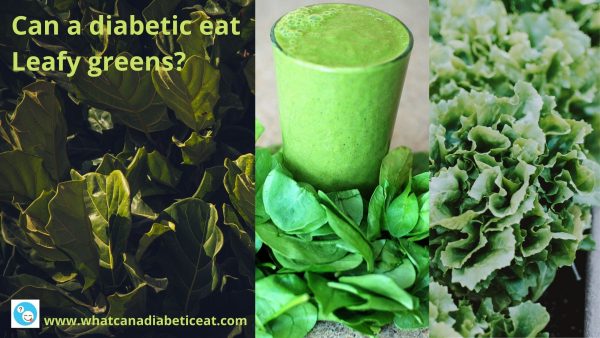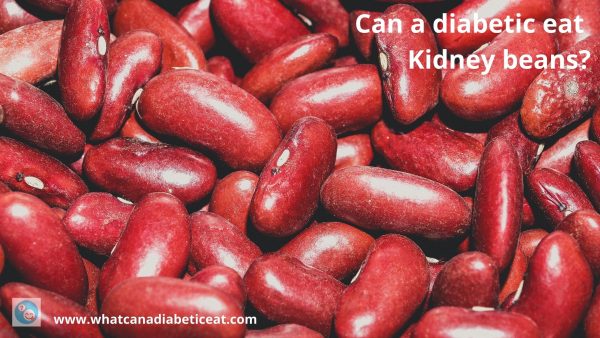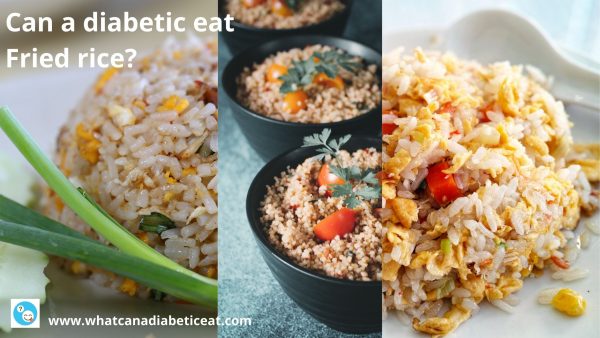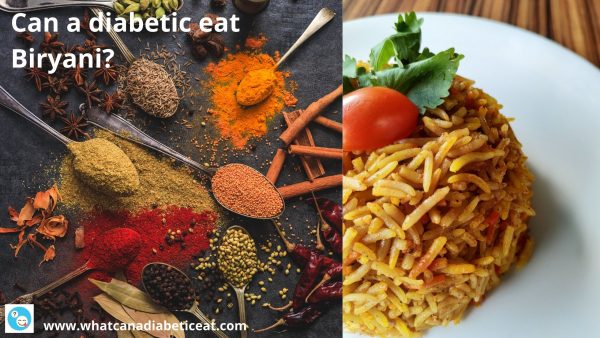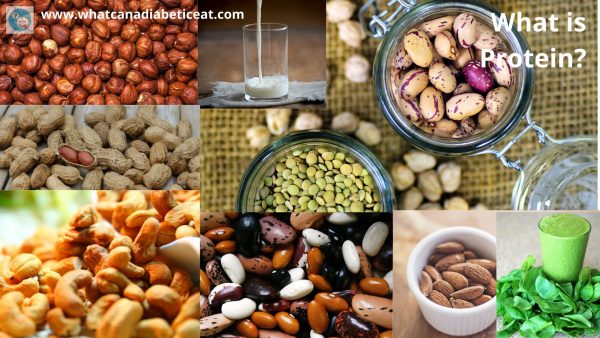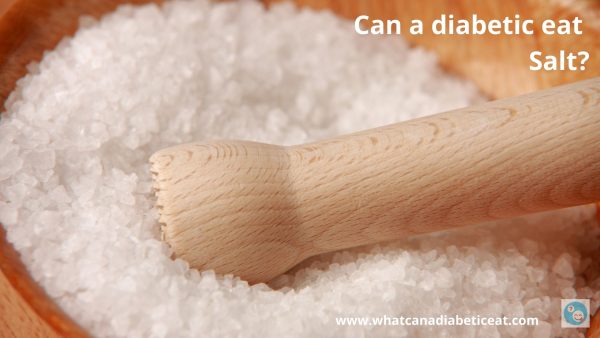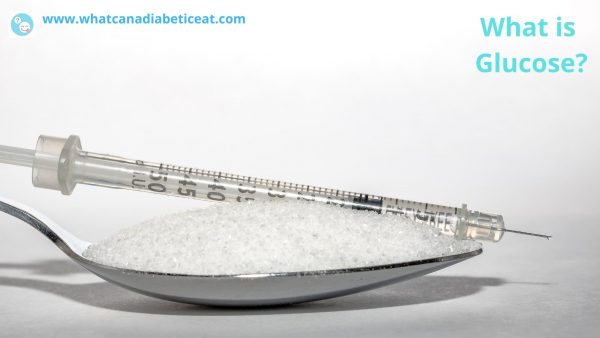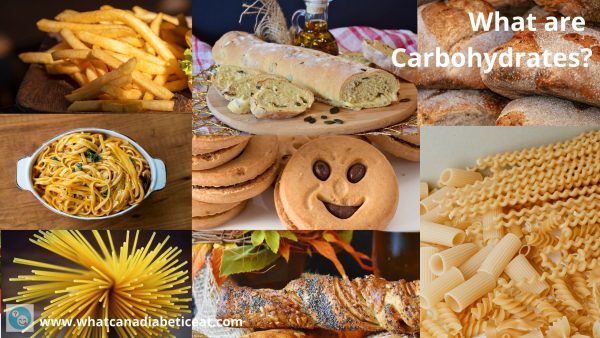Can a diabetic eat Sugarcane? Sugar cane is perfectly edible once you clean it and cut off the outer rind. A diabetic can eat sugarcane as long as the portion size is really small. Sugarcane is full of sugar and will cause spikes in blood sugar levels. However, it also contains nutrients and fibre. One […]
Can a diabetic eat Coriander leaves?
Can a diabetic eat Coriander leaves? Coriander, also known as ‘Dhaniya’ in India is a great choice for diabetics. A diabetic can eat coriander leaves for many benefits. Coriander leaves are known to help regulate blood sugar levels and help improve digestion. So, coriander leaves are among what a diabetic can eat. In many countries, […]
Can a diabetic eat Mint leaves?
Can a diabetic eat Mint leaves? Mint leaves have some health benefits, are low in calories and they do not cause any blood sugar spikes. This means that a diabetic can indeed eat mint leaves. Some studies indicate mint leaves have a beneficial effect on people suffering from high blood sugar levels or high blood […]
Can a diabetic eat Leafy greens?
Can a diabetic eat Leafy greens? Leafy greens are high in vitamins, minerals, dietary fibre but low in carbohydrates, calories. This makes leafy greens great for diabetics to eat. So, the answer is yes, a diabetic can eat leafy greens. In fact, leafy greens make an important part of a healthful diabetic diet. Eating leafy […]
Can a diabetic eat Watercress?
Can a diabetic eat Watercress? Yes, a diabetic can eat watercress as it is healthful and does not raise blood sugar levels. Watercress is one of the super foods a diabetic can eat. Being high in vitamins, minerals and antioxidants etc. watercress offers large number of health benefits. Diabetics can add some watercress on top […]
Can a diabetic eat Kidney beans?
Can a diabetic eat Kidney beans or Rajma? Yes, a diabetic can eat kidney beans. Kidney beans are rich in dietary fibre and great source of protein. Moreover, kidney beans have a low glycaemic index (GI) which means eating kidney beans does not raise blood sugar levels sharply. Kidney beans can thus help regulate blood […]
Can a diabetic eat Fried rice?
Can a diabetic eat Fried rice? Yes, a diabetic can eat fried rice with some careful options. Fried rice is popular for its flavour. When eating out or at home, fried rice is generally on the menu with many people. Diabetics may be apprehensive about carbohydrates in rice when eating fried rice. However, fried rice […]
Can a diabetic eat Biryani?
Can diabetic eat Biryani? A diabetic can eat biryani in moderation. Biryani is a delicious complete meal. A biryani is made from basmati rice and vegetables cooked in oil or ghee with a variety of spices. Spices such as ginger, turmeric, green chilli, red chilli powder, cumin, coriander, cloves, cardamom, cinnamon etc. offer great health […]
What is Protein? Can a diabetic eat Protein?
Can a diabetic eat Protein? Yes, a diabetic can eat protein daily. Diabetics and non-diabetics need to include protein in their meals daily. Humans of all ages need to eat protein daily as every cell in the body needs and contains protein. Protein helps repair body cells in general. Children, teens and pregnant women depend […]
Can a diabetic eat Salt?
Can a diabetic eat Salt? Yes, a diabetic can eat salt. Salt does not cause blood sugar spikes. However, it is important to limit the amount of salt you eat. Experts say an adult typically needs to eat about 1 gm to 2.3 gm salt per day. This means an adult can eat about a […]
What is Glucose?
What is Glucose? Glucose is the primary source of energy. You might have heard that sugar exists in your blood. That is true. Your body can derive glucose from the food you eat or generate glucose to some extent from within your body. Your blood stream carries glucose to all body cells. Excess glucose is […]
What are Carbohydrates?
What are Carbohydrates? Carbohydrates or carbs are organic compounds made up of carbon, hydrogen and oxygen. These organic compounds called carbohydrates make up one of the three major food classes or macronutrients, fat and protein being the other two. Carbohydrates are the main source of energy for humans. Your body breaks down carbohydrates into glucose […]

